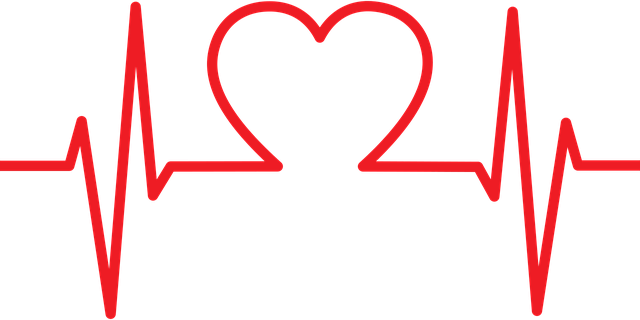A Scary Threesome: Diabetes, High BP and Kidney Disease

A diagnosis of high blood pressure is often not made by itself; the odds are good that other health problems exist. In fact, hypertension is often combined with type 2 diabetes and chronic kidney disease, making it a triple health threat.
"Diabetes can affect small blood vessels. And that can result in hypertension. And that can also result in kidney disease," said Vivek Bhalla, MD, an associate professor of nephrology at Stanford University School of Medicine in California, in a press release.
The connection goes like this: Sugar, in the form of carbohydrates, provides the body with energy. Carbohydrates are easier to break down into energy than fat or protein. If you eat lots of food high in carbs every day, your blood sugar, also known as glucose, may spike, and spike often. In diabetes, blood sugar is not well-regulated. This makes it difficult to remove excess sugar, which could damage blood vessels.
Damaged blood vessels may stiffen, and that increases the risk of high blood pressure. High blood pressure puts a burden on the kidneys. It may affect fluid balance, filtration of waste products and production of kidney hormones.
So, how is high blood pressure related to diabetes? A study in the Journal of the American College of Cardiology showed that people with hypertension have a higher risk of type 2 diabetes. Researchers collected health records of 4.1 million adults in the UK. They recorded when they were diagnosed with type 2 diabetes. Then they estimated the risk based on recorded blood pressure levels.
They found that an increase of 20 mm/Hg in systolic blood pressure was linked to a 58% higher risk of diabetes. An increase of 10 mm/Hg in diastolic blood pressure was linked to a 52% higher risk. Normal blood pressure levels are from 90/60 mm/Hg to less than 120/80 mm/Hg. When beyond 120/80 mm/Hg, the risk of diabetes could increase. The study couldn't find the exact cause. It only defined the relationship between hypertension and diabetes risk.
Systolic blood pressure, the top number, measures the pressure in the arteries when the heart beats. Diastolic measures the pressure in the arteries in between beats.
Different diabetes drugs
Two types of diabetes drugs may help combat the triple threat.
In a scientific statement published in Circulation, Janani Rangaswami, MD, and colleagues observed the benefits of using two kinds of drugs in those who have both chronic kidney disease and type 2 diabetes.
One is sodium-glucose co-transporter 2, (SGLT2) inhibitors, which prevent the kidneys from reabsorbing blood sugar so that the excess glucose is eliminated in urine. The second drug, glucagon-like peptide-1 (GLP-1) receptor agonists, imitates insulin, the hormone that regulates blood glucose levels.
Together, they support the proper regulation of blood sugar. They may also lower the risk of cardiovascular disease and chronic kidney disease in people with type 2 diabetes. Reports from other, ongoing trials are still required to determine safety and efficacy. For those with diabetes, your doctor can tell you about these drugs, their benefits and potential side effects.
What to Eat?
Diet plays a big role in the triple threat. For people with or at risk of diabetes or kidney disease, the Centers for Disease Control and Prevention (CDC) recommends speaking with a doctor and a registered dietitian. Make sure the dietitian is an expert in diabetes and chronic kidney disease nutrition. The two experts may work together to plan a diet suitable for your lifestyle.
The diabetes diet usually features lots of fruits and vegetables, lean meat and healthy fats, like whole eggs and fatty fish. This means you have to cut down on salt as well as the sugar and refined carbs in cookies and soda, among other things. The kidney diet focuses on protecting your kidneys. The amount of salt, protein, potassium and phosphorus you may consume depends on the stage of the disease.
The best combined food package includes berries, cherries, apples, eggplant, onions, lean fish and poultry, unsalted seafood, white bread, pasta and unsweetened drinks. Have a conversation with your healthcare provider about how to follow the diet, particularly on a tight budget. Talk to a dietitian to know what recipes you can make from that diet.
Published by Medicaldaily.com



























